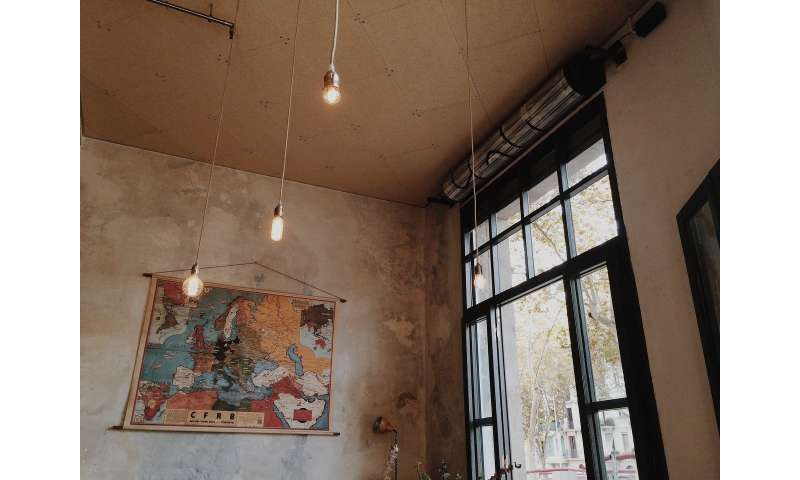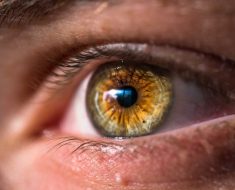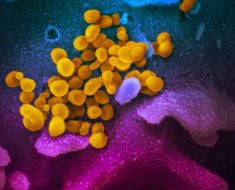
Proper ventilation in your living area may prevent illnesses and reduce transmission of viruses. But can portable air cleaners and purifiers fight COVID-19? Dr. Gregory Poland, a Mayo Clinic infectious diseases expert, says that they generally can.
“The more air exchanges and the cleaner the air, the lower the risk,” says Dr. Poland. “By itself, it’s not satisfactory, so what we’re doing, as we’ve talked about over the months, is we’re layering protections. Let’s be sure the air in our home, if we’re having people to our home, is as safe as it can be. That means a HEPA (high-efficiency particulate air) filter.”
Dr. Poland says you don’t have to spend a great deal of money to purchase a quality high-efficiency particulate air filter. Portable air filters are designed to filter the air in a single room, though they cannot remove all air contaminants.
“The virus is not expelled on its own. The virus has to attach to something. A microscopic piece of mucus, a piece of dust in the environment—that’s how it travels. A HEPA filter catches those and holds them there. It does mean you that you have to change your filter at appropriate intervals.”
The filter does not kill the virus, but rather it exchanges clean air more rapidly to get rid of the virus, says Dr. Poland.
“With a HEPA filter, it’s being attached electrostatically to the filter itself so that it cannot then circulate in the air, which is why changing the filters and changing them properly is so important,” says Dr. Poland.
Using air purifiers and filters may be one more tool to reduce the risk of contracting COVID-19, along with continued face-masking when with others, social distancing and using hand sanitizers.
Here are some tips on how to use a portable air filter:
Place the air cleaner in the room that you spend the most time in or where vulnerable people spend the most time.
To reduce risks of airborne transmission, direct the airflow of the air cleaner so that is does not blow directly from one person to another.
Source: Read Full Article





